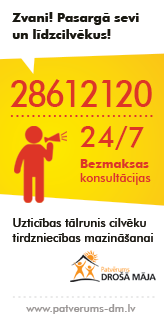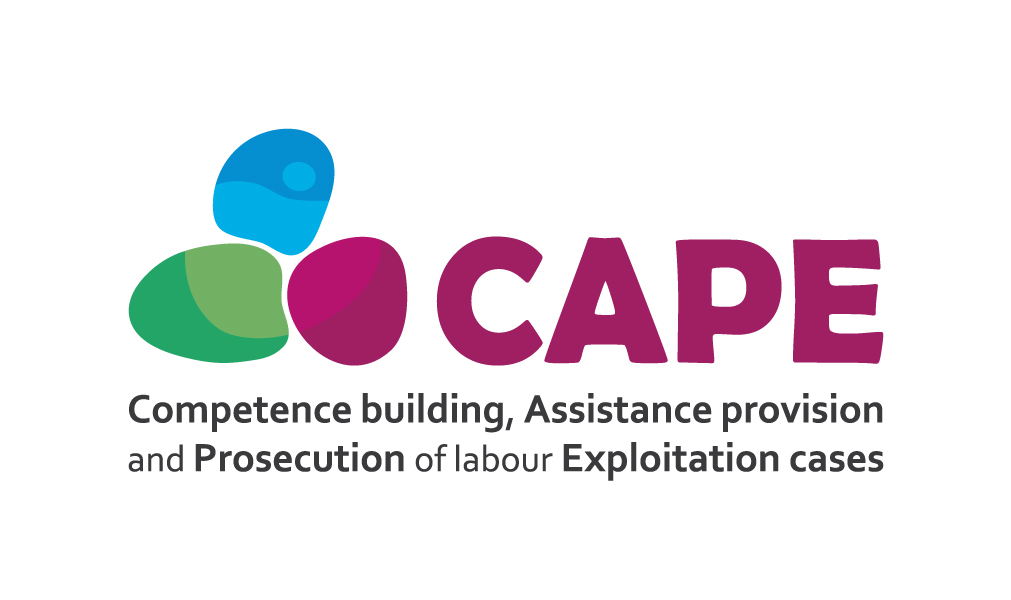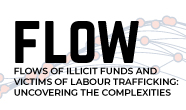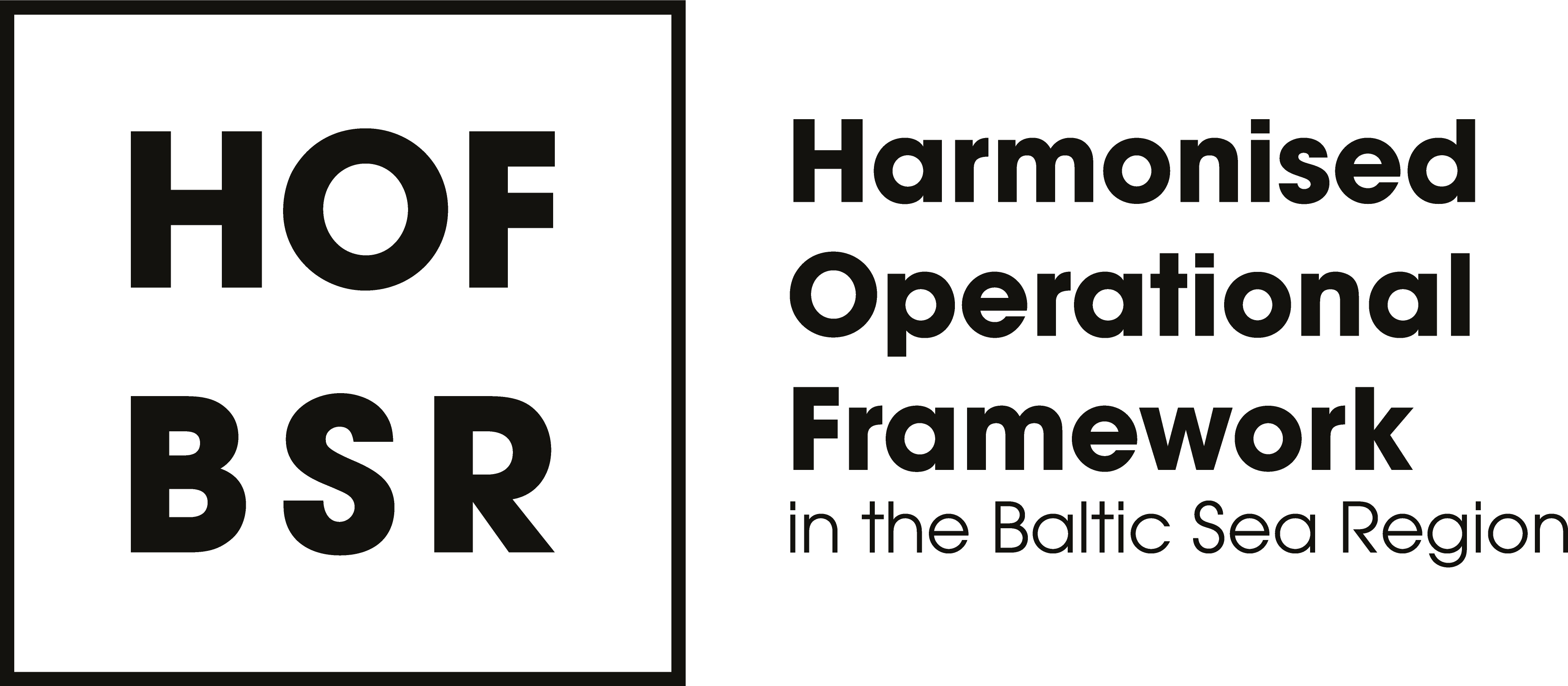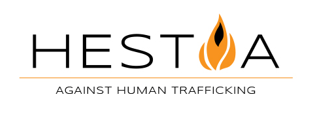Two thousand euros for concluding a sham marriage - if you`re lucky
"Sham marriage recruiters are usually those well acquainted with these women. People from the "close fold", addressing them face-to-face. Social networks are also used for recruiting into sham marriages”, Ms Stabiņa explains.
Recruiters are mainly the citizens or nationals of the country of the victim, speaking the local language, knowing the situation, and knowing potential victims. The organisers, in turn, may be both the destination country nationals, as well as the third country nationals, who have already obtained their residence permit. Potential grooms are third country nationals, also willing to get out of their social environment and, just like women approached for sham marriages, are leaving their home country in pursuit of a better life. This field definitely needs further in-depth research, because, within the scope of the HESTIA Project, the project research mainly focused on victims of exploitative sham marriages.
"We cannot be 100% sure that the man was already a criminal. He is full of hopes to go to the EU and start a new life, and get a residence permit. Of course, the third country nationals have their own very strong communities in the destination country. They meet local recruiters, middlemen and organisers who offer the chance to marry an EU national for 20 thousand euros," Ms Stabiņa reveals. To compare - women are usually promised about two thousand euros for concluding a sham marriage.
"If a person has at least some moral principles or conscience, he lets his newly obtained wife return to her home country, agreeing that she returns at a certain time to confirm the cohabitation until the third country national receives the permanent residence permit. But it’s often that these men think they can do whatever they want with a woman, because they have paid a lot of money for that. Hence women who knowingly conclude a sham marriage for remuneration, should not be too self-confident that as EU nationals they would control the situation, because after arrival to the destination country the circumstances may significantly change, and the plans to receive money and control the situation can transform into big disappointment, violence, sexual abuse, and servitude to their husband."
In the study we have numerous stories about girls being in a situation where five or six third country male nationals are living in one flat sexually abusing this girl every day. A woman is exposed to severe psychological and physical violence, resulting in emotional destruction - she may become pregnant, so a child - a European Union national - is born, thus the third country national is entitled to receive a permanent residence permit and he no longer needs a wife - the EU national, so he returns her or sells her on further - as the object he had previously bought.
"Yes, there are cases that a girl escapes and she returns home, where she receives state-funded social rehabilitation services. However, when a girl returns from the destination country to her home country, most often neither the destination country nor the country of origin of the victim initiates any criminal proceedings. The organisers and recruiters continue their criminal activities and profiting. So it’s essential that the law enforcement authorities and non-governmental organisations cooperate, and the best efforts are exerted, to protect the victim, whilst initiating criminal proceedings and imposing liability on those at fault - who develop this business," Ms Stabiņa says.
Sham marriage organisers are becoming increasingly refined in their approach. A new trend has emerged whereby a marriage is not concluded in the destination country in the EU, but in Pakistan or Bangladesh for example, and only afterwards the couple travels to the EU Member State where the third country national applies for a residence permit.
Metastatic cancer
When asked about why this problem has spread, Ms Stabiņa points out: "At some point we minimise or combat a criminal trend, but soon it re-develops at a new rate and in a more complex form. If we simplify the view of sham marriages, then initially there was a sham marriage where both sides received what they wanted. The EU national - remuneration, and the third country national - a residence permit. This transaction involved only two sides. This phenomenon developed, and recruiters, middlemen and organisers emerged, who saw perfect opportunities for profiting. They engage in recruiting girls, find a third country national that needs a residence permit, a girl is coerced to conclude a sham marriage without paying anything to her, they are wed, and the organised group earns profit. As Irish police spokespeople say - there are millions of euros circulating in sham marriage schemes."
That criminal business players can efficiently adapt to the situation, continue developing, and enhance their illegal business is proven by the following: Since the effective application of Section 2852 of the Criminal Law and informative campaigns to increase public awareness, the number of sham marriages from Latvia has considerably reduced in Ireland, but then a new bride flow emerged from Portugal. According to the Irish police’s Vantage operation data, 26% of marriages in Ireland from November 2014 till August 2015 were concluded between men of Pakistani origin and women from Portugal (and 8% of marriages during the same time between Pakistani men and Latvian women). The Irish side has taken corresponding measures, by providing marriage registrars with broader powers to determine a longer period for the verification of documents submitted for marriage registration in cases of suspected sham marriage, by setting up a special police unit, checking suspicious cases of submission of documents, as well as marriages previously concluded between EU nationals and third country nationals, thus reducing the number of sham marriages in Ireland by 75%.
The prevention of sham marriages and anti-trafficking activities in the project partner countries illustrate that results can be achieved, if we want and we do:
"It requires understanding, inter-institutional cooperation, commitment, willingness and willpower. We can be gratified that, with joint efforts we have achieved outcomes that prove sham marriages are linked to human trafficking, where the vulnerability of a person plays a significant role. A person who feels at ease in society, has a well-paid job and an ordered life, will never become a victim to exploitative sham marriage."
"Prevention and combating of human trafficking involves both sides - the country of origin of a victim and the country of destination, where the victim is exposed to exploitation. It is important for the employees of law enforcement authorities, social workers, officials of migration services, and non-governmental sector representatives of the destination country to identify such situations, recognise the elements of human trafficking, and investigate and work on such cases. And this requires training and increasing awareness. And it is our duty, as the country of origin of these potential victims, to put maximum effort and activity into informing people and warning them – raising awareness of the issue. It’s no easy task. It takes resources, will, volition, determination and humane personal engagement."
"Sham brides mainly come from Eastern European countries - Latvia, Hungary, Poland, Romania, Estonia, Slovakia, and Lithuania. Why? Because of tough living conditions. The living standard in Eastern European countries is still below Western standards. Society is highly marginalised. 606 000 Latvian residents are subjected to poverty risk and social exclusion. How can we be optimistic in such a situation and think that human trafficking is not an important issue in Latvia? According to statistics, in Latvia in 2016 state social rehabilitation services were provided to 11 victims and three criminal proceedings were initiated against human trafficking.
Lost hope leads to wrong decisions being taken, with the hope of any opportunity to live a decent life being found. And this situation is soon exploited by those who want to earn money from the hopelessness and frustration of desperate people. We should understand that the anti-trafficking national policy planning document alone is not enough to effectively eliminate human trafficking. We need targeted decisions and action to ensure welfare, employment and social inclusion.
On 5 December 2016, at a meeting of the Informal European Union Network of National Rapporteurs or Equivalent Mechanisms (NREMs) in the issues of combating human trafficking in Brussels, the Project findings and conclusions were presented, and all EU Member States were addressed and encouraged to implement the EU level recommendations developed within the scope of the HESTIA Project, to implement the measures provided by the Council Resolution of 4 December 1997 on measures to be adopted on combating marriages of convenience (97/C 382/01), as well as the European Commission was approached to consider opportunities to supplement Recital 11 of the Preamble of the Directive 2011/36/EU of the European Parliament and of the Council on preventing and combating trafficking in human beings and protecting its victims with a new form of trafficking in human beings "exploitative sham marriages", thus confirming the role of the HESTIA project research in seeking to resolve the international problem.
*Project “Preventing human trafficking and sham marriages: A multidisciplinary solution” (HESTIA) was launched in January 2015 and completed in December this year. The key purpose of the project was to explore the links and analyse the phenomenon of sham marriages within the context of human trafficking, and to initiate a comprehensive action for the prevention thereof.
This publication reflects the views only of the author, and the European Commission cannot be held responsible for any use which may be made of the information contained therein. Grant Agreement No. HOME/2013/ISEC/AG/THB/4000005845. The implementation of the HESTIA project was started on 1 January 2015 and will continue until 31 December 2016. #HESTIA_THB https://ec.europa.eu/anti-trafficking/
Information published by (in coordination with the editorial board of apollo.lv): Rasa Saliņa, Public Relations Specialist of the HESTIA project, e-mail: rasa.salina@gmail.com





